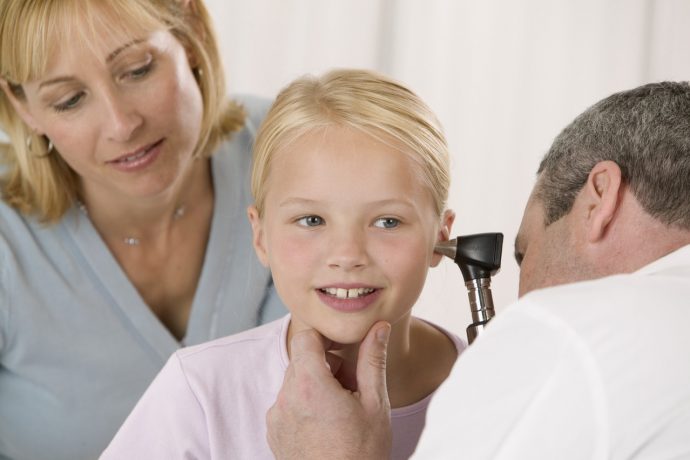Caring for ears involves both caring for the outer ear and protecting your hearing by looking after the inside of your ears. Whenever there is a problem with any of the sense organs such as your ears, always check with the physician to discover if a problem is temporary, permanent, partial, or complete and the degree to which the problem is likely to affect your everyday functioning. This article gives a few tips on good ear care.
To maintain healthy ears, avoid loud noise concentrated at the ear canal such as listening to very loud music from earphones. Decreasing background noises is very helpful. When using loud machinery, lawn mowers, grass trimmers or industrial equipment, always use earplugs because a number of occupations result in hearing loss due to increased noise. Making use of ear protective devices can decrease the development of hearing loss.
Inserting objects such as cotton-applicators into the ear and cleaning of the ear should be avoided. Have regular hearing assessments done at least annually. Have ear pain evaluated by a physician or nurse. Avoid inserting sharp objects into ears and excessive cleaning. Practices that cause infection should be avoided and seek treatment of infection early.
Learn about the symptoms of hearing loss. Some signs and symptoms of hearing may include asking frequently that statements be repeated, inability to hear at a distance, leaning forward or turning an ear toward the speaker, need to see the person who is talking, answering inappropriately, talking too loudly, inability to carry on a phone conversation and strained facial expressions.
Many times temporary hearing losses are due to problems with the external or middle ear that may be a result of wax buildup, or foreign-body obstruction or infection. In rare cases, sometimes hearing losses called, sensorineural hearing losses, caused by inner ear or central nervous system problems may not be totally correctable. Whenever you experience anyone of these symptoms report to your physician or nurse.
Remember if interventions are implemented early enough, it can help to slow the development of hearing loss. Use the television, radio, and cassettes to keep current and stimulate mental activities. Also, recall favorite sounds of the past with the situations in which they were heard.






